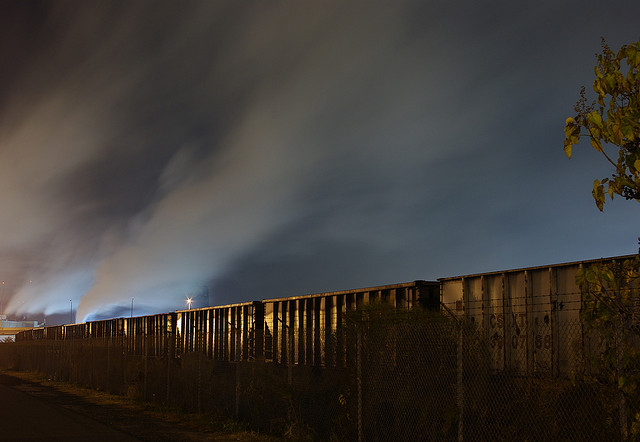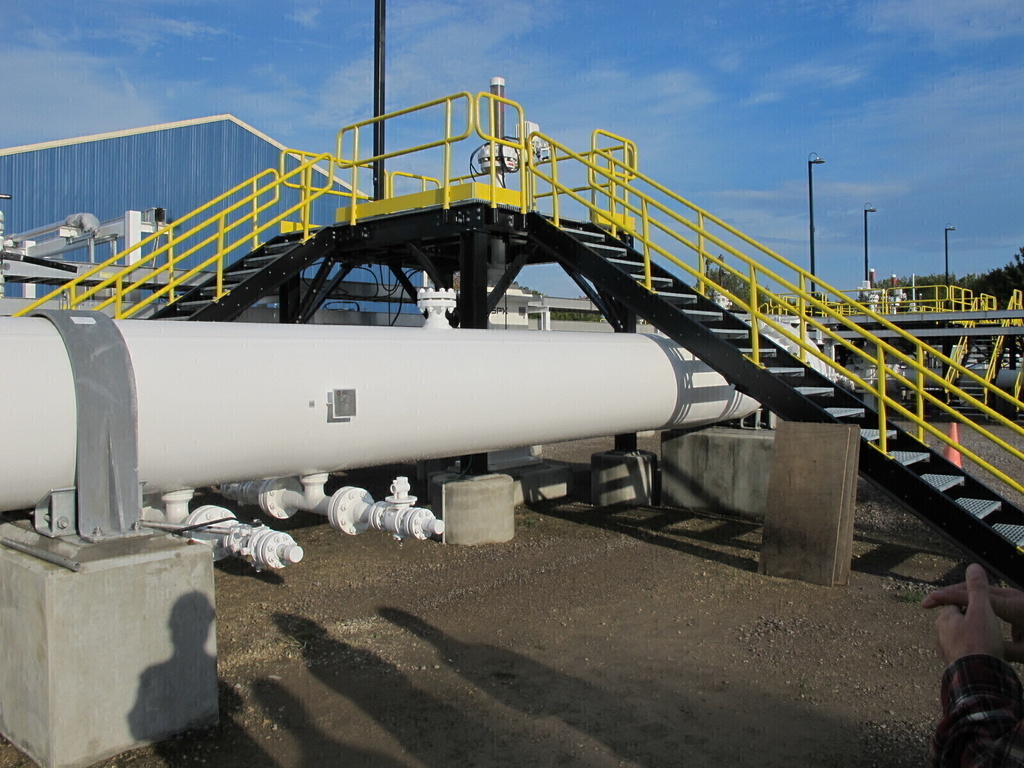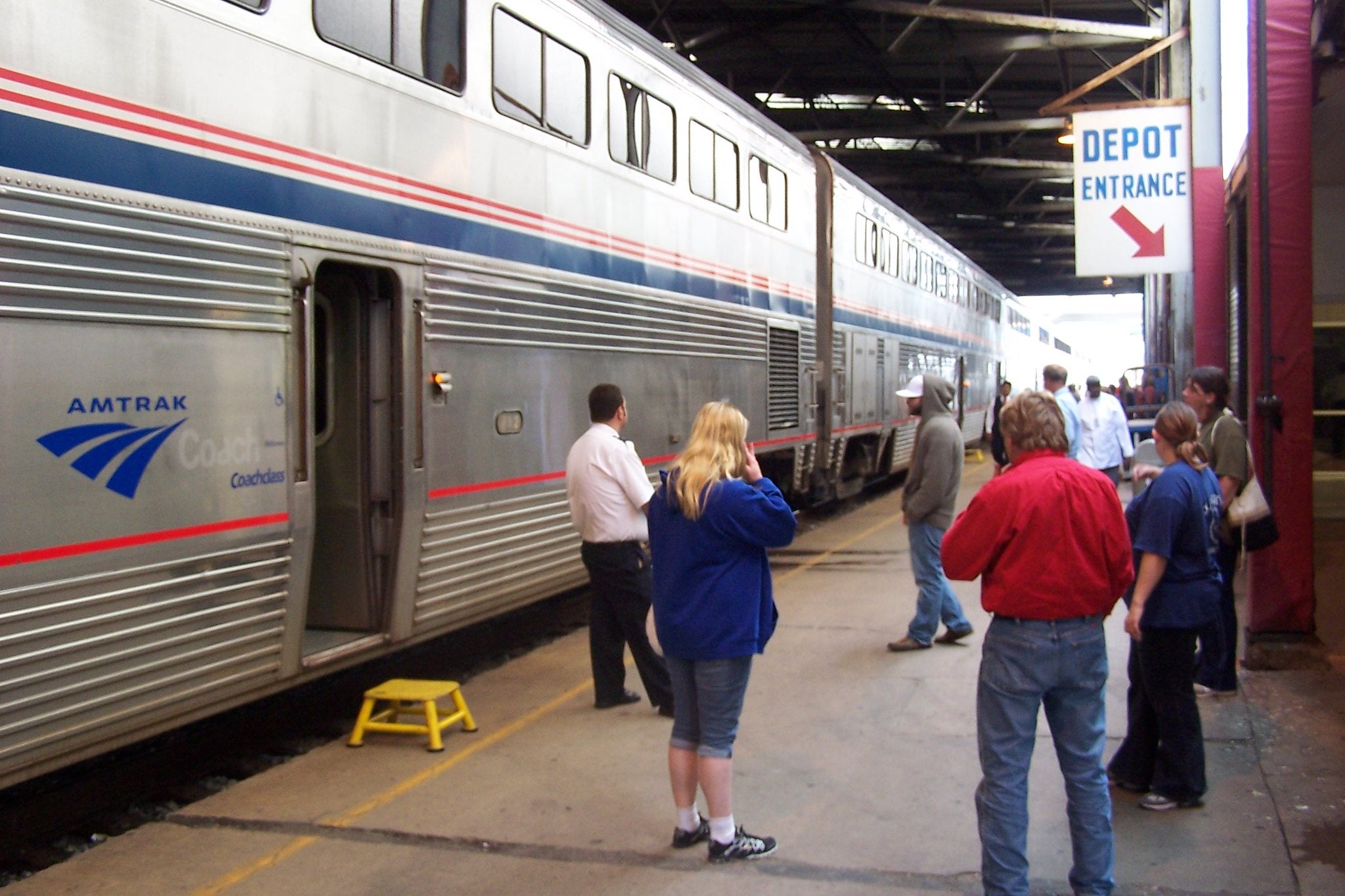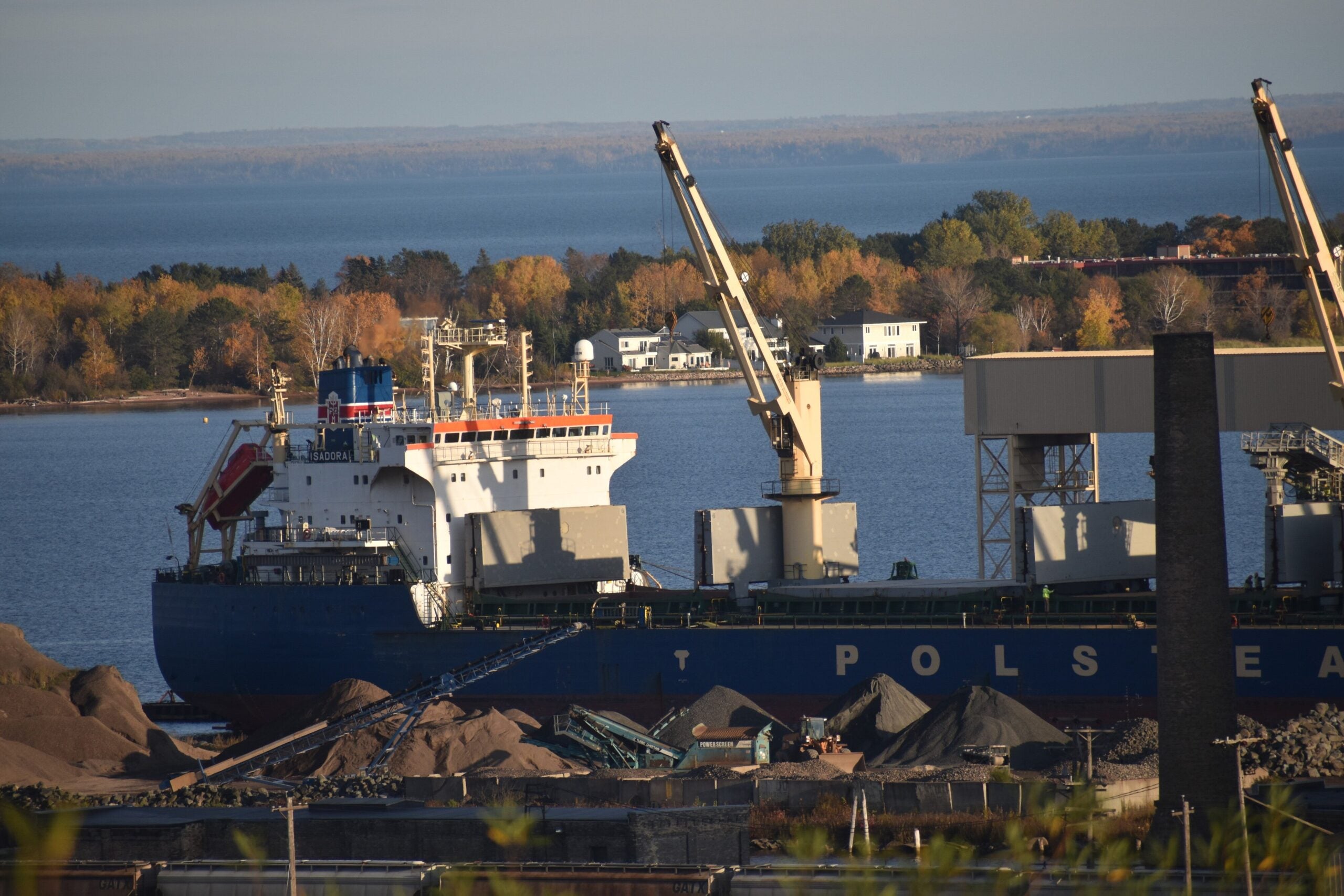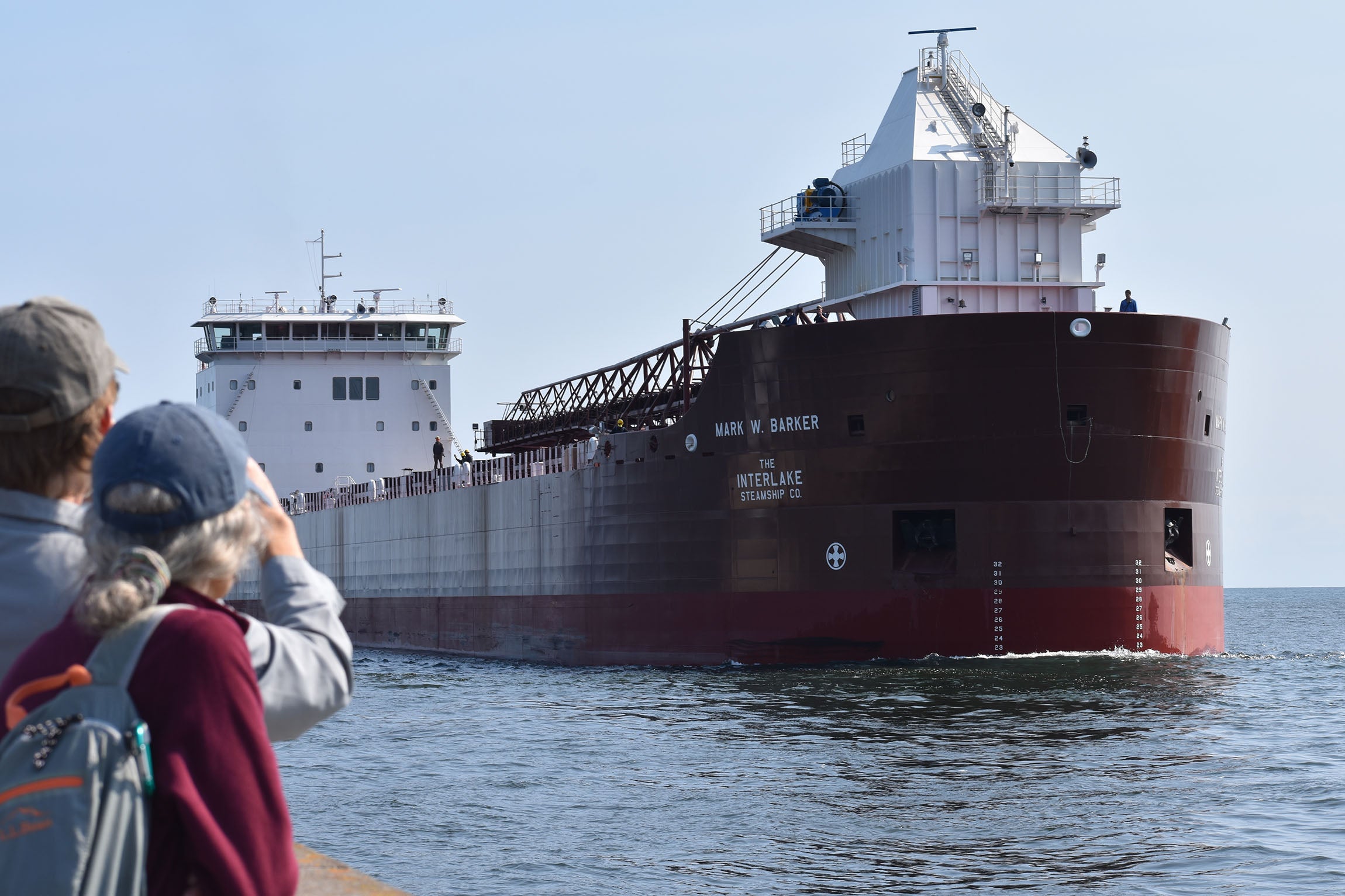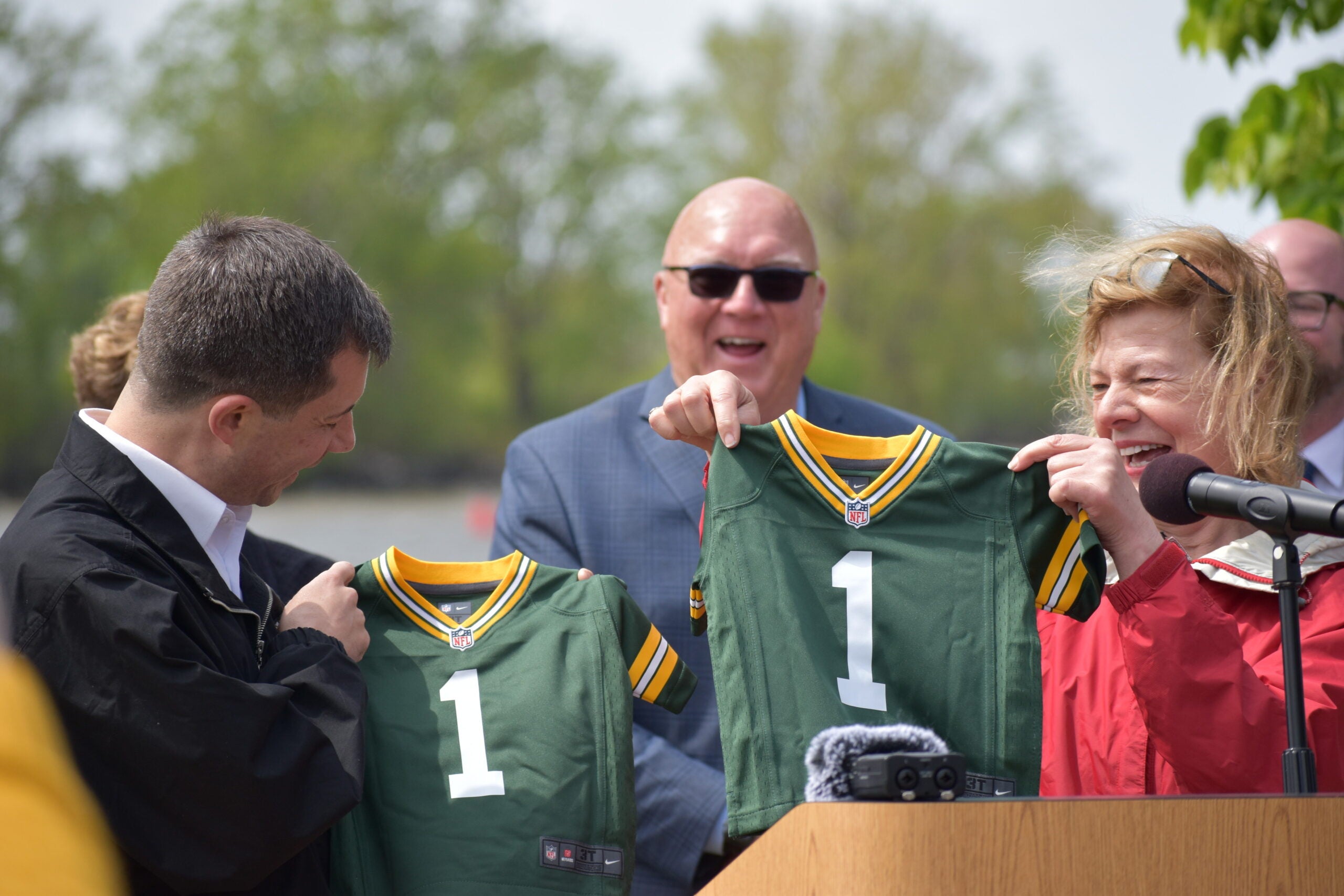The U.S. Surface Transportation Board will hold a hearing in Fargo on Thursday about service problems with railroads, including problems with getting enough coal and grain transported while Bakken oil takes up rail capacity.
U.S. Rep. Ron Kind, D-La Crosse, said that it’s an important hearing.
“Obviously we’ve had a lot of competition lately with rail cars, with the Bakken oil coming out of North Dakota,” said Kind. “But we’ve got coal and grain needs too and farmers (are) complaining — it’s hard to get their grain to market. Our rural electric co-ops and other utilities (are) concerned about a lack of coal being delivered in a timely fashion just before winter. We’ve got to resolve these issues.”
Stay informed on the latest news
Sign up for WPR’s email newsletter.
Kind said Bakken oil rail cargo has increased 4,000 percent in the past five years, bumping traditional cargo. University of Wisconsin-Superior Transportation and Logistics Director Richard Stewart said the railroad system is operating near capacity, and that the whole infrastructure needs to grow. But Stewart is confident that the coal and grain cargo shortages will be made up.
“There is no merit for any transportation company angering (and) short-servicing long-term customers,” said Stewart. “And the grain and the coal industry have been the backbone of the rail industry for a century. They have no interest in driving these customers away.”
Wisconsin Public Service Corporation’s Dave Wanner will testify at the hearing. In a statement made at a hearing in Chicago earlier this year, he said rail service was so degraded that the utility nearly ran out of coal last winter.
Another utility, Minnesota Power of Duluth, said it’s idling four of its smaller coal-fired plants now in order to save coal for this winter.
Wisconsin Public Radio, © Copyright 2024, Board of Regents of the University of Wisconsin System and Wisconsin Educational Communications Board.

